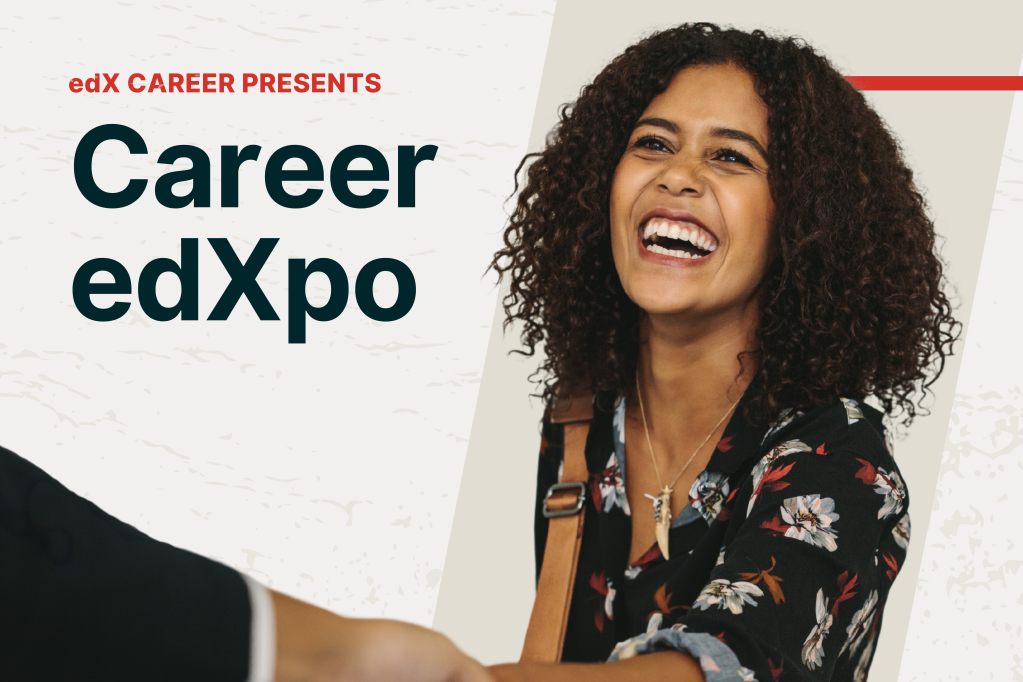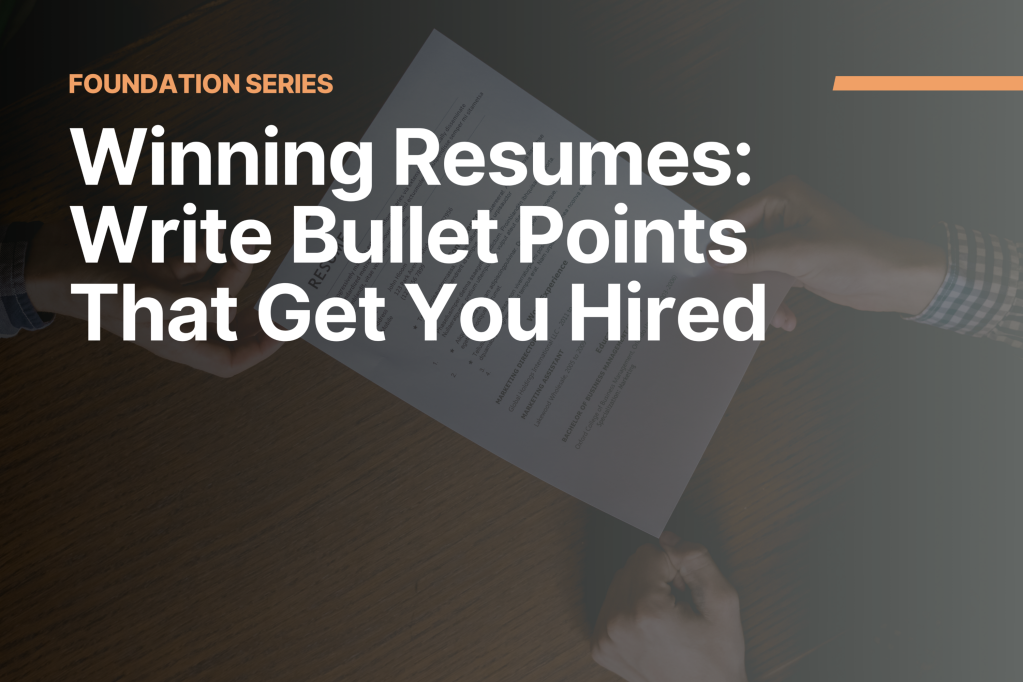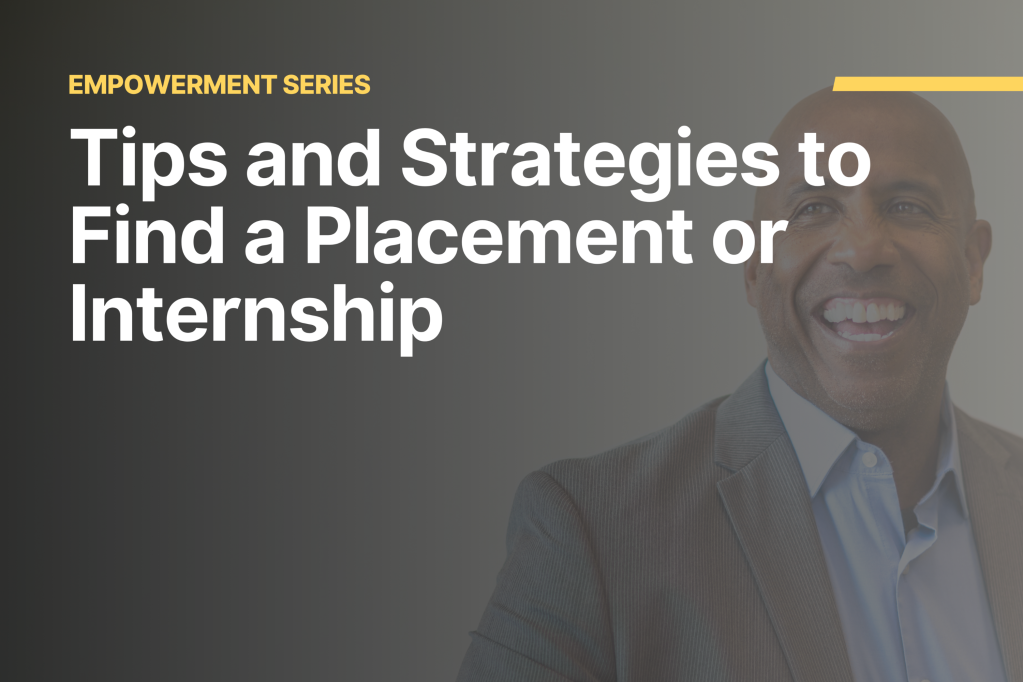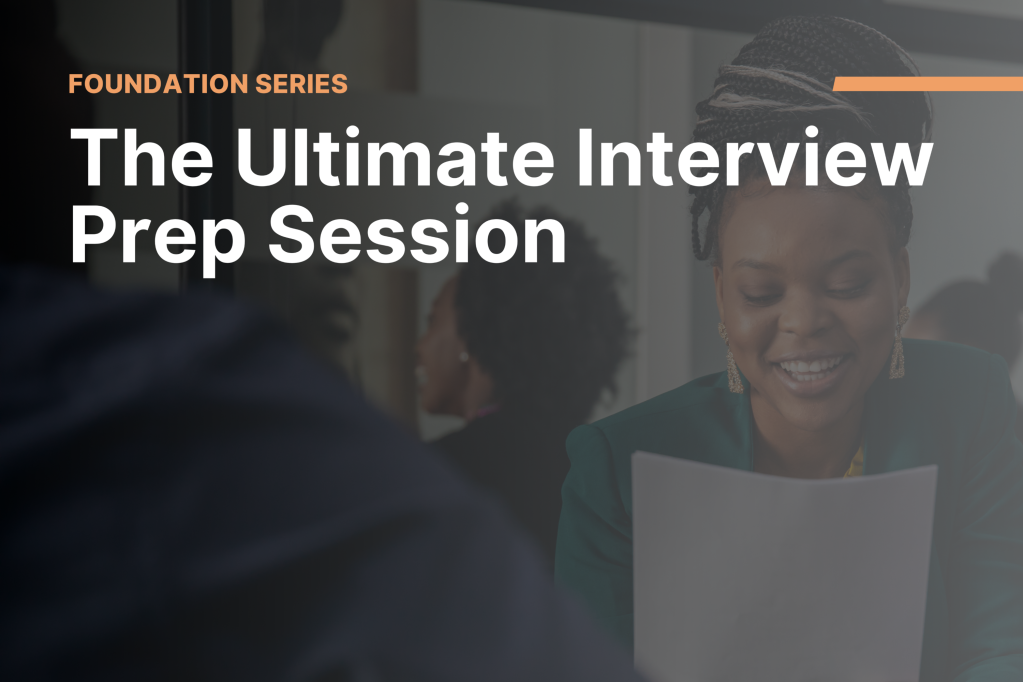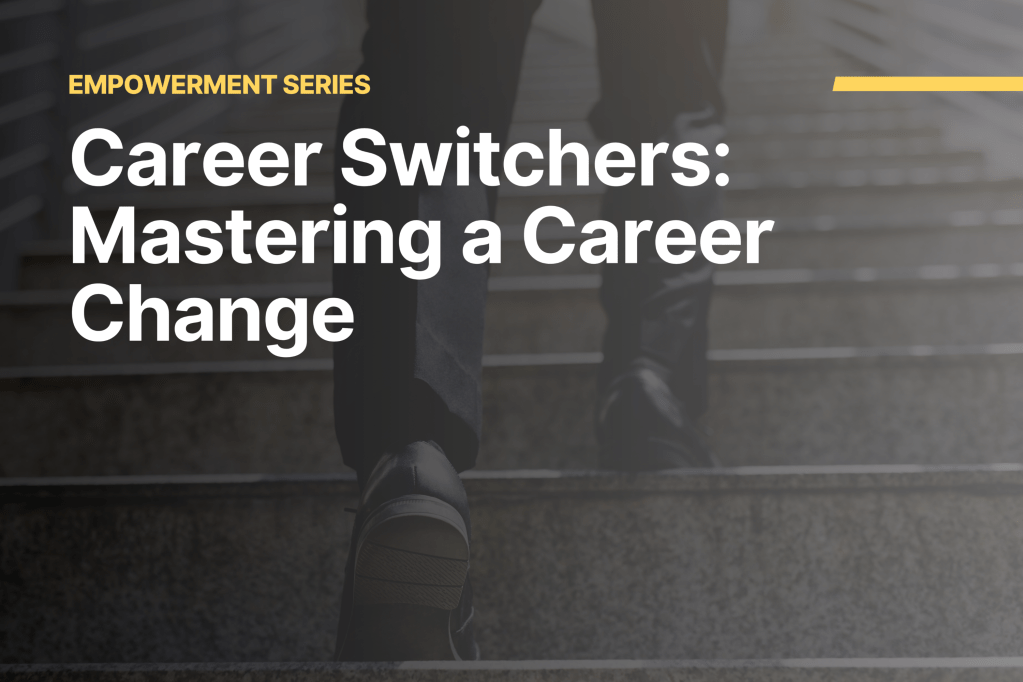If we told you the best way to land your dream job was to cold call strangers and ask them for career advice — would you do it? Our guess is: probably not — that sounds intimidating.
Seeking informational interviews can feel like that, but the rewards are worth it. This networking technique has unique value, and we’re here to offer real-world strategies for you to reach out confidently.
So, you’re relatively familiar with the job interview process, but how much do you know about informational interviewing? The critical difference between the two is the intent.
In job interviews, we ultimately want, well… the job. In informational interviews, we can seek information on real-life experiences from someone who works in a position, industry, or company of interest. Yes, the purpose of conducting informational interviews is ultimately to get a job, but they are so much more than that; they help us gain exposure and, in the short term, gather information on what we want from a role.
Why informational interviews?
If you are at a point in your career where you are considering a change or are just curious about what’s out there, figuring out your next step can be daunting. The logical place to start is research. The key to finding authentic — and exclusive — information is connecting with people sitting in the seat you want.
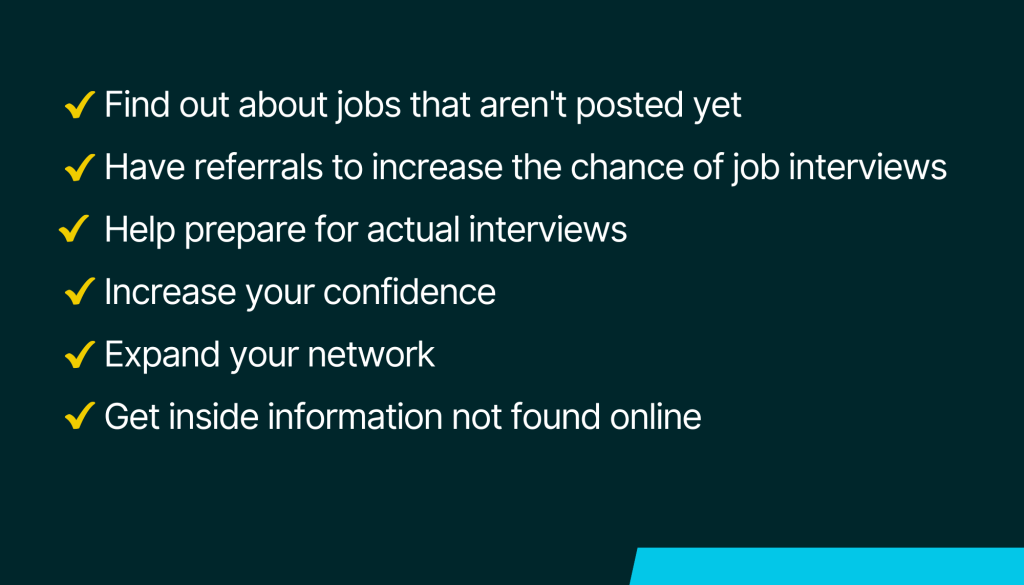
Now that you have a solid understanding of informational interviews and why they happen, we’d love to provide context for what they can look like in real life. We spoke with one industry professional to discuss her experiences with informational interviewing and how it has positively impacted her career. Continue reading to learn more about Leiya Kenney and hear the answers she provided during our Q&A session.
Informational interviews in practice
We spoke to Leiya, a bootcamp alumni, about her first-hand experiences with informational interviews. After graduating from her bootcamp in 2020, she conducted informational interviews as part of her career search. And, later as a software engineer, Leiya was also interviewed by interested candidates. We chatted about approaching sensitive topics like pay and vacation, how to use LinkedIn during your research phase, and her best piece of advice — don’t overthink it.
Tips from Leiya
Who to ask
- Network through your program and use relevant communication channels (Slack) to make connections.
- Go to the company’s page on LinkedIn; it shows any first and second connections you may share. If you have any mutual connections, be sure to utilize them. This might help to make your messages stand out.
- You can always reach out to a hiring manager on Linkedin — sometimes to even ask questions asynchronously — but remember that they may be slightly less candid with their responses.
What to ask
- Use your best judgment — but 15 to 30 minutes is typical. If whoever you’re interviewing has more time, they’ll usually let you know.
- Informational interviews are generally more relaxed, so there are questions you can ask that make more sense in this informal setting as opposed to jumping in at that first interview.
- Instead of coming out asking pointed questions about sensitive topics (for example, about salary), ask in a “softer” way. (what do the benefits look like? Is the pay competitive?)
- An informational interview can be something other than company-specific; you can also discuss other general topics like job hunting.
- If you enjoyed the conversation and want to keep it going, or if you want to have a follow-up meeting or regular meeting cadence, feel free to express your interest.
Be prepared
- Try to do some preliminary research on the person and their company so you can dive deeper into secondary questions instead of covering only preliminary ones.
- If you’re nervous, practice your questions on somebody else or even on yourself.
- Present yourself well, be mindful of their (and your own) time, and come in with at least a few questions prepared.
- Ensure there’s an easy way to contact you following the informational interview.
We hope Leiya’s advice empowers you to tackle more informational interviews during your career! With a bit of practice, you can expand your network, gain unique insights, and take the fear out of interviews.
For more resources on interviewing, check out our Tools and Resources page.





